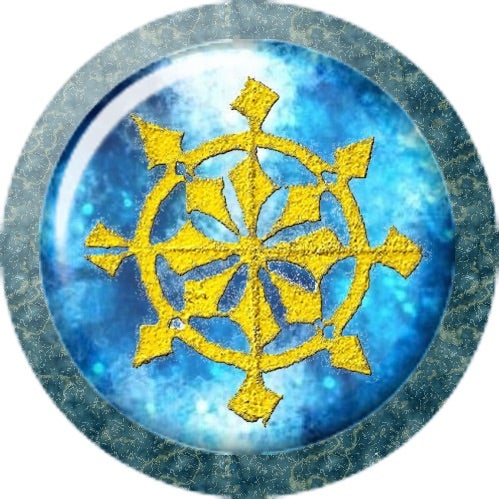異教と異端と諸宗派
Various Religions, Heresies, and Sects
2023-09-10 18:00:00
Teachings of religions other than Buddhism and doctrines of happiness are all considered as heresies.
The Buddha expounded on the uniqueness of the Buddhist path as the only way to reach Nirvana as follows.
789 If through views a person could become purified, or if through intellect one could abandon suffering, then those entangled in afflictions could also be purified by other methods (besides the correct path). Those who speak thus are called 'people with biased views.'
790 The (true) Brahmin does not proclaim that purification can be achieved through views, learning the traditions, precepts, morality, or philosophy (other than the right path). They remain untainted by fortunes and misfortunes, forsaking the ego, and do not create karma (causes of fortune and misfortune) in this world. (The Buddha's Words: Sutta Nipāta, Chapter 4: The Eight Verses, 4:The Eight Verses on Purity, translated by Hajime Nakamura, Iwanami-Bunko)
Therefore, the Buddhist path is also referred to as the "One Path."
Also, here the term "true Brahmin" refers to those who have attained enlightenment through Buddhism (specifically, the correct Dharma), and does not refer to individuals of the Brahmin caste in the conventional sense.
Now, the Buddha refers to those who seek enlightenment through paths other than the correct one as "followers of divergent views<translator's note: Heretics>."
547 (omitted) The teacher said, "Sabiya, if someone who was once a follower of divergent views desires to renounce the world and become ordained in this teaching and discipline, wishing to receive the complete precepts, they should dwell apart for four months. After the four months have passed, if they feel inclined, the other monks should ordain them, bestow the complete precepts, and enable them to become a practicing monk. However, it is recognized that there may be variations (in the duration) depending on the individual." (omitted) (The Buddha's Words: Sutta Nipāta, Chapter 3: The Great Chapter, Verse 6: Sabhiya, translated by Hajime Nakamura, Iwanami-Bunko)
This essentially encompasses various teachings of different religions, heresies, and other doctrines under the umbrella of "divergent views."
Now, in later Buddhism, including Mahayana Buddhism, there have been several developments and divergences into various sects. Are these still considered Buddhism, or are they considered divergent views?
Leaving aside academic interpretations, truth be told, it can be said that scriptures describing the correct Dharma, along with related treatises, commentaries, and other texts, fall within the realm of Buddhism.
This is because what lies at the core of the One Path is none other than the "correct Dharma," and it is through the identity of this correct Dharma that one can discern whether it is truly the One Path or not.
***
